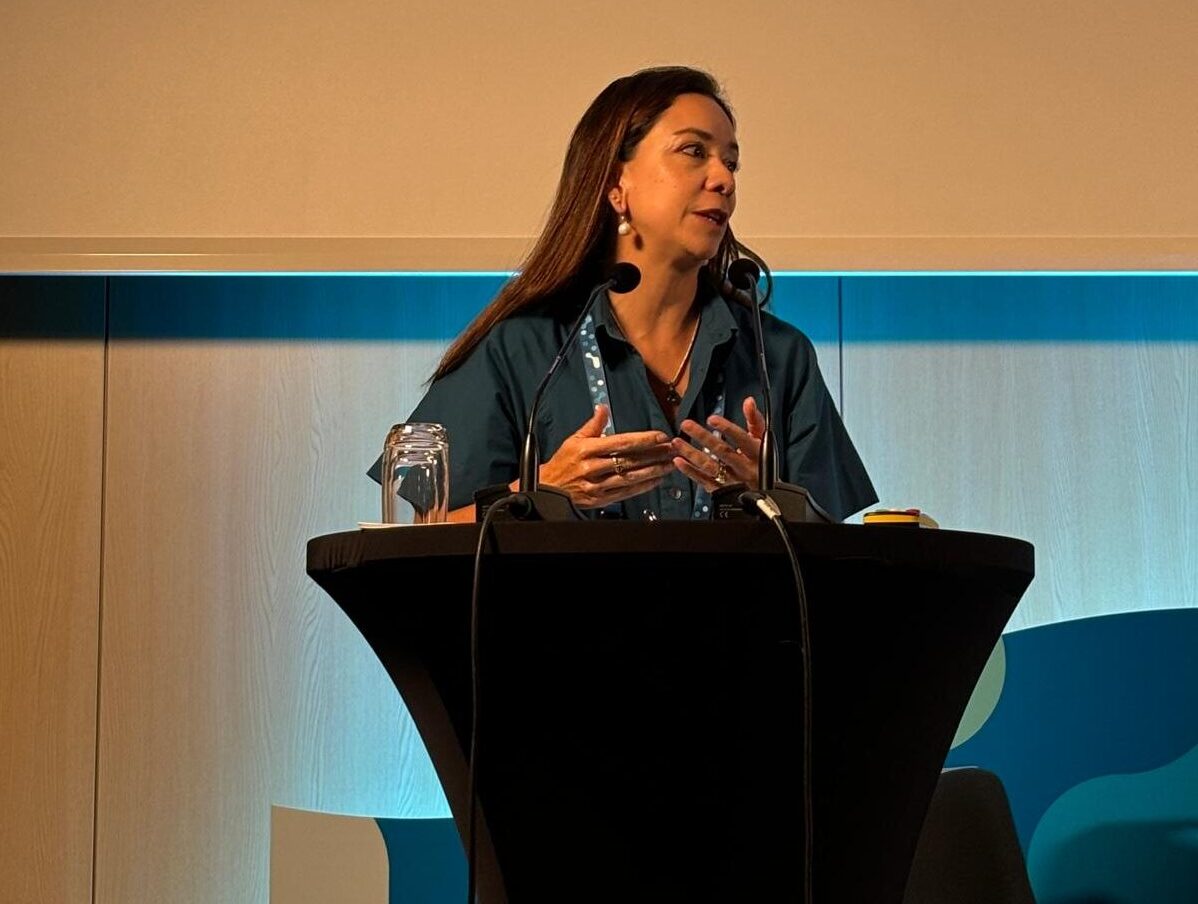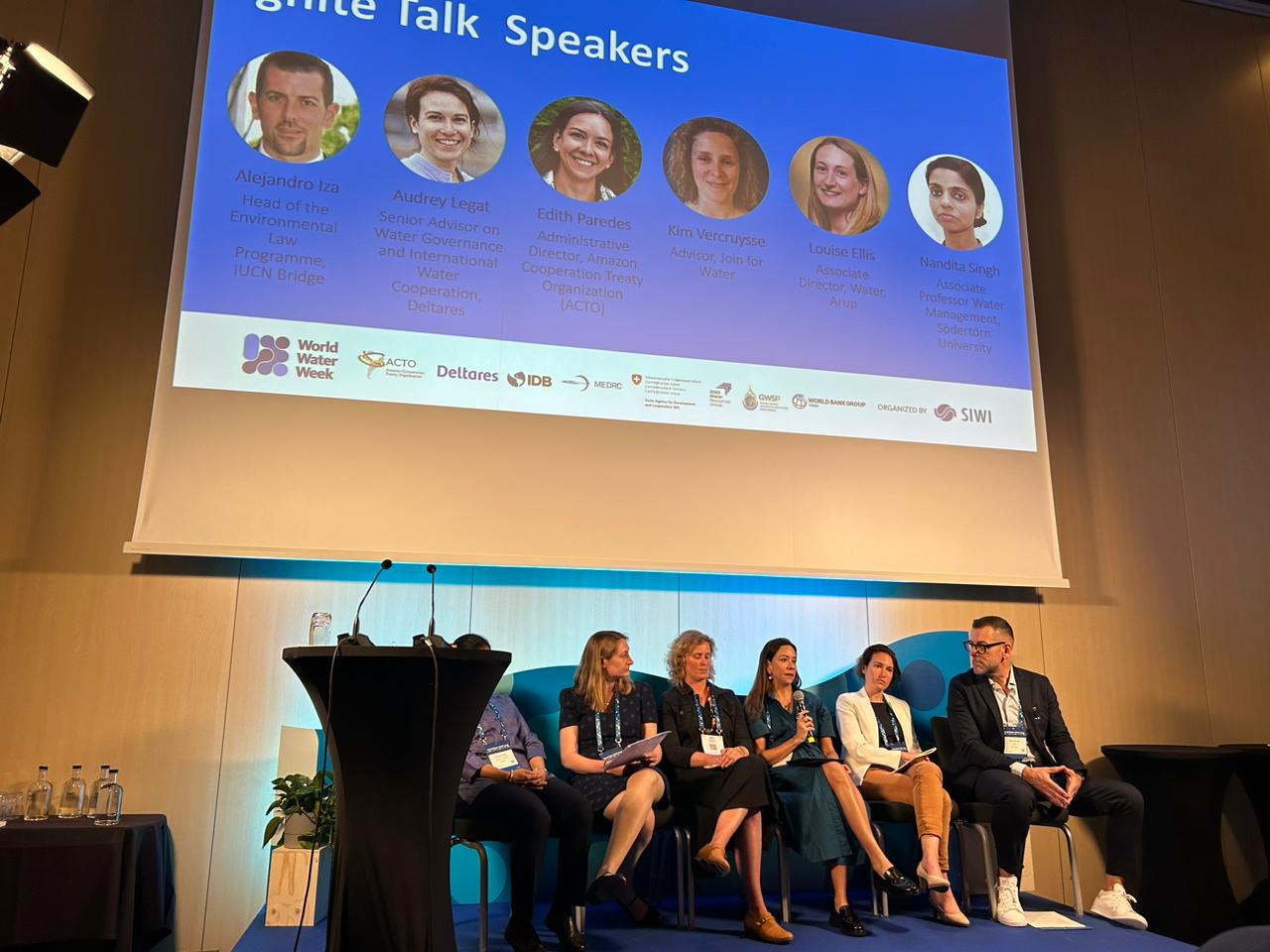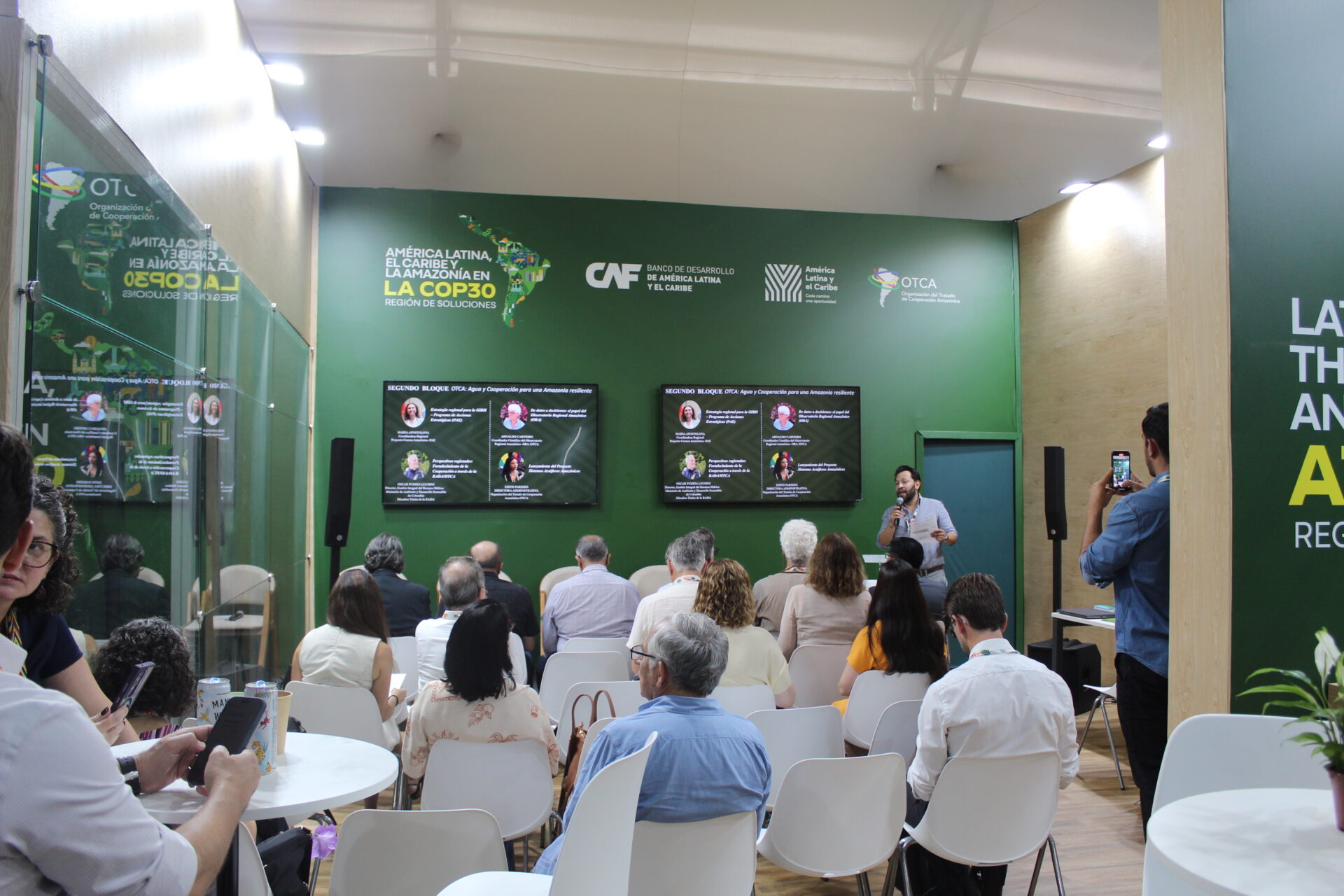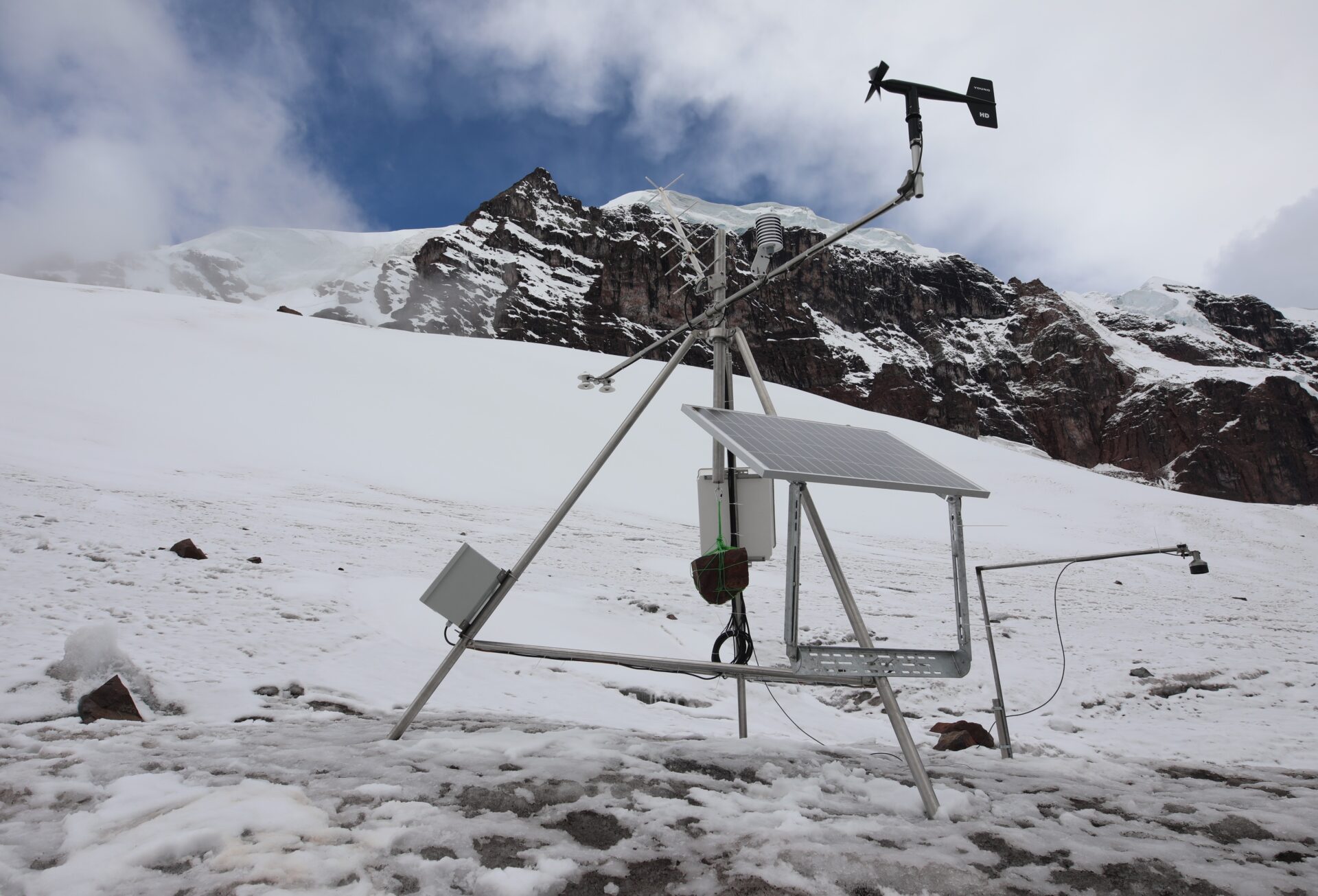Index
Topics
Amazon, Amazonía, Cuenca Amazónica, Integrated Water Resource Management (IWRM), Transboundary Waters, WWWeek
Share
The Amazon Cooperation Treaty Organization brought to World Water Week in Stockholm the experience of cooperation and joint action by its eight Member Countries in the shared management of the Amazon Basin. Since 2010, ACTO has been executing and coordinating processes aimed at protecting and conserving the water resources of the Amazon to promote the region’s sustainable development. As a result, the Strategic Action Program for the Integrated Water Resources Management of the Amazon Basin (SAP) was developed, the first regional IWRM strategy agreed upon and endorsed by the eight Amazon countries in 2017.
Cooperation in the management of transboundary waters took center stage at this year’s World Water Week under the theme “Uniting Borders: Water for a Peaceful and Sustainable Future.” Held from August 25 to 29 in Sweden’s capital, the main global conference on water-related issues brought together more than 14,000 participants from different areas and countries to discuss and recognize the regional and global interconnectedness of waters, communities, and nations, highlighting the collaborative effort necessary to achieve a peaceful and sustainable future.
Cooperation and Peace Promotion in Shared Water Management
promoting cooperation and peace, ACTO’s Administrative Director, Edith Paredes, highlighted the Shared Vision of the Amazon countries on the importance of water resources for the balanced and sustainable development of the Amazon and its peoples. “This instrument guides regional cooperation and countries’ actions for the shared management of Amazon waters. It underpins the Strategic Action Program for the Integrated Management of the Amazon Basin (SAP), which has been implemented since 2021 through the Amazon Basin Project (ACTO/UNEP/GEF),” she explained.
Paredes also emphasized the countries’ commitment to strengthening their technical capacities to share information. “Data sharing is one of the biggest challenges in the integrated management of the Amazon Basin’s water resources. To be effective, countries need to reach the same level of technical capacity to generate compatible data. With mutual support, countries are strong enough to advance in this area and are making progress,” she stressed.
- ACTO Administrative Director, Edith Paredes, in her presentation at the session “Cooperation and Peace Promotion in Shared Water Management”.
- Paredes participates in the debate with the other speakers of the session “Cooperation and promotion of peace in the management of shared waters”.
Focus on Latin America and the Caribbean
ACTO co-organized, in partnership with the Inter-American Development Bank (IDB) and other institutions, the “Focus on the Americas” series sessions, whose objective was to promote collaboration and consensus to address complex challenges that impact development and peace in ecosystems that cross borders in the Latin American and Caribbean region.
In the session titled “Hydrodiplomacy for Shared Waters,” held on Sunday the 25th, the coordinator of the Amazon Basin Project – SAP Implementation, Maria Apostolova, emphasized the Amazon countries’ cooperation efforts to tackle transboundary issues such as the pollution of surface and groundwater. Among the highlighted hydrodiplomacy actions, she mentioned the creation of the Amazon Network of Water Authorities (ANWA) by presidents and authorities gathered at the Amazon Summit in 2023 and the implementation of integrated networks for monitoring the quantity and quality of surface waters in the region, which operate with data collected from 244 hydrometeorological stations.
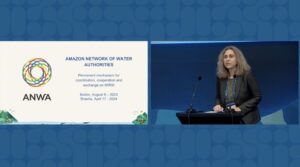
The regional coordinator of the Amazon Basin Project, Maria Apostolova, in her presentation at the “Hydrodiplomacy for Shared Waters” session of the World Water Week.
Established in 2024, ANWA is a permanent coordination mechanism that develops institutional and operational capacities, promoting cooperation initiatives and the exchange of information and experience in the scientific, technical, and community spheres to guarantee the human right to water and the revitalization, conservation, and protection of water sources and ecosystems.
ACTO was also a co-organizer and participant in the SIWI Seminar Series: Management of shared water resources for peace and cooperation, and also in the SIWI seminars Series: Institutions for water, peace and cooperation: Gaps at the grassroots, where it presented its institutional experience.
Related news
Post
28 de November de 2025
Water is the central element through which most of the impacts of climate change manifest themselves: more intense droughts, extreme [...]
Post
27 de November de 2025
Four glaciological, meteorological, and hydrometric monitoring stations have been installed in the Vilcanota and Carabaya mountain ranges in southern Peru [...]
Post
3 de November de 2025
The Amazon Cooperation Treaty Organization (ACTO) announces a call for specialized technical services to update the Atlas of Hydroclimatic Vulnerability [...]

